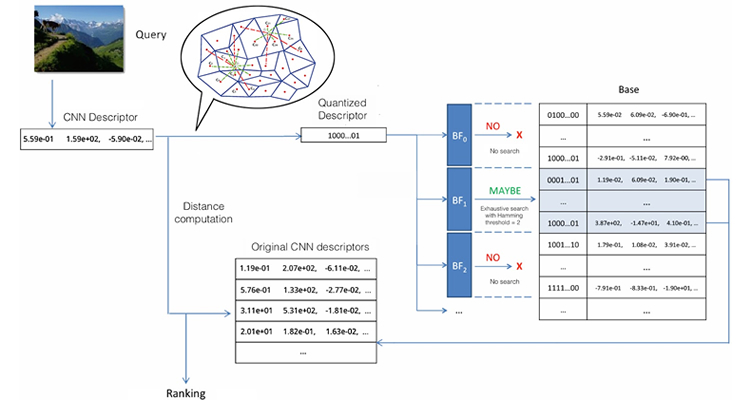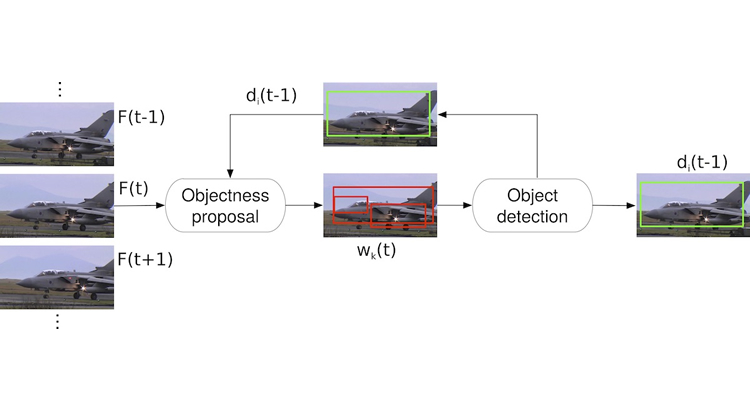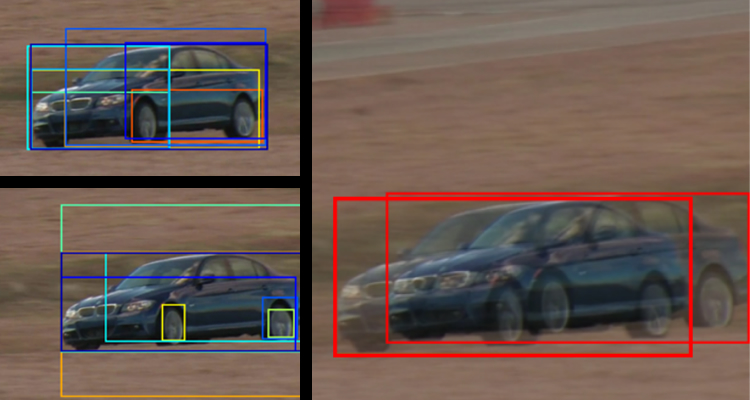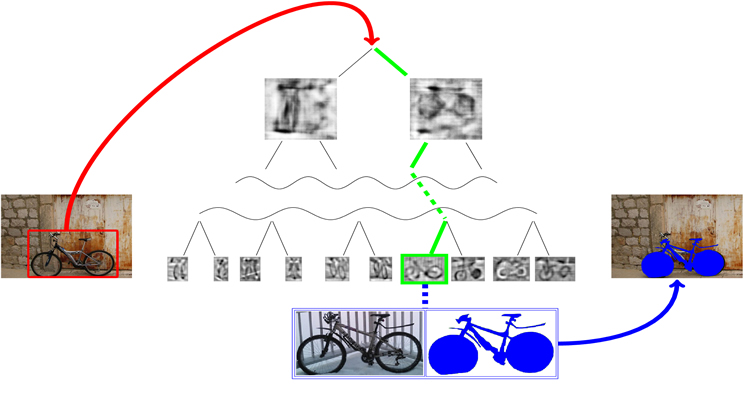Computer Vision
Projects
Compact Smart Hashing for Efficient Content Retrieval
Image retrieval system which conjugates a Smart Hashing approach and an efficient indexing structure based on Bloom filters
2015-2016
We present a novel system for efficient image retrieval based on a simple and effective hashing approach on CNN features which uses a multiple k-means assignment. An extension has been made using a performing indexing structure based on Bloom filters. Experimental results show that, despite its simplicity, the proposed method obtains a very high performance in retrieval while the proposed indexing technique obtains a 2x speedup.
Spatio-Temporal Closed-Loop Object Detection
Fast and Efficient Object Proposal for Videos
2016
Object detection is one of the most important tasks of computer vision. It is usually performed evaluating locations of an image that are more likely to contain the object of interest. The interplay of detectors and proposal algorithms has not been studied up to now. We propose to connect, in a closed-loop, detectors and object proposal generator functions exploiting the ordered and continuous nature of video sequences. We obtain state-of-the-art mAP and a detection time that is lower than Faster R-CNN.
Unsupervised Object Discovery
Unsupervised spatio-temporal proposal tracks for salient object discovery
2016
Image and video analysis can be considered similar, but advancements on videos seem to be slower and hard going due to a huge amount of data and the need to model an additional dimension: time. Focusing on relevant regions can reduce complexity and ease the learning process. We propose a technique to include time into an object proposal by exploiting the weak supervision it provides to match regions between adjacent frames. This results in spatio-temporal tracks that can be used instead of the whole sequence.
Accelerating Exemplar-SVM with Rejecting Taxonomies
Speeding up ensembles of E-SVMs.
2016
Scene understanding can be treated as a label transfer problem. Indeed if an annotated set of images is available one may interpret the content of an image by transferring semantic information directly from training examples.
Exemplar-SVMs have shown intriguing results improving over non-parametric nearest neighbor methods. Unfortunately evaluating large ensembles of E-SVMs is prohibitive. We present a method to speed-up large ensembles of Exemplar-SVMs by building a taxonomy of classifiers.
View Project


